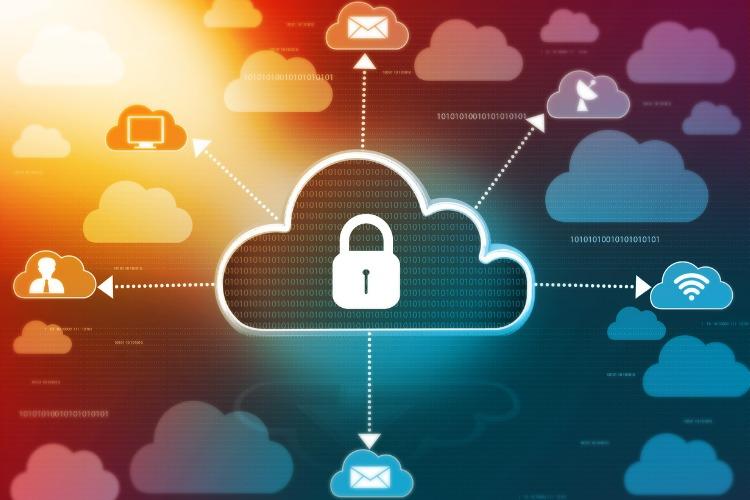How DevOps Automation Enhances Cloud Security
When applied to cloud security, DevOps automation is able to speed up delivery while cutting down on errors. This blend results in faster deployments with a lower likelihood of vulnerabilities sneaking through.
Here’s a closer exploration of how this plays out, and why you should be making the most of tools in this category as part of your own operations.
Integrating DevOps Tools for Automated Security Checks
The right tools can overhaul automated security checks by streamlining workflows. With a DevOps automation platform, you can create more efficient pipelines for spotting vulnerabilities early.
Here are a few platform examples, and the benefits they offer in this context:
- Jenkins: Automate tests and detect issues in the codebase before they reach production.
- GitLab CI/CD: Provides seamless integration for running continuous security scans.
- SonarQube: Assesses code quality with real-time feedback, identifying potential risks immediately.
Implementing these tools supports rapid detection of threats while reducing manual oversight. The result is quicker remediation and fewer holes left open to attacks.
Using automation in this way ensures that security becomes an ongoing process, not just a checkpoint. It means your team has more time to innovate instead of firefighting unforeseen problems caused by outdated practices or unchecked code changes.
Enhancing Compliance with Continuous Monitoring
If your cloud environments aren’t compliant, you risk security events and regulatory action. With the integration of DevOps automation, you’ll knock both of these issues on the head with one fell swoop, encompassing GDPR compliance and a host of other box-ticking exercises without increasing overheads.
Key components in continuous monitoring include:
- AWS CloudTrail: Tracks API calls and monitors user activity for audit trails.
- Splunk: Analyzes logs in real-time to detect suspicious behavior instantly.
- Prometheus: Monitors systems to ensure that all security policies align consistently.
These tools simplify tracking and provide insights necessary for compliance audits. The constant watch helps catch policy violations early, reducing the risk of non-compliance.
Moreover, automated alerts ensure immediate awareness of potential issues before they escalate into costly breaches. This approach means staying compliant doesn’t overwhelm resources or become an afterthought.
Reducing Human Error in Cloud Environments
Human error is thought to be involved in at least 80% of security breaches, and is a particularly noteworthy vulnerability in cloud environments. Automating DevOps processes reduces the risk significantly by removing manual steps prone to mistakes.
Effective platforms include:
- Terraform: Manages infrastructure as code, reducing misconfigurations.
- Ansible: Automates deployment tasks to minimize potential oversights.
- Docker: Ensures consistent application environments across all stages.
Using these tools automates repetitive tasks that often lead to errors when performed manually. It ensures every step follows defined protocols, lowering chances for slip-ups during implementation.
Automation doesn't eliminate human oversight but instead provides a safety net where processes run predictably and securely. This gives teams confidence their applications deploy correctly without lingering issues due to forgotten settings or incorrect entries.
Exploring the Role of AI in Automating Security Processes
AI brings a fresh perspective to automating security processes. Its capacity for data analysis and pattern recognition elevates threat detection beyond human capabilities.
AI-driven tools include:
- Darktrace: Uses machine learning to identify novel threats by understanding your network's behavior.
- IBM QRadar: Analyzes vast datasets, offering real-time insights into potential security breaches.
- Vectra Cognito: Detects anomalies using AI, highlighting threats before they become incidents.
These tools empower proactive defense mechanisms that adapt as threats evolve. They ensure rapid responses to new challenges without overwhelming your IT team with alerts.
Integrating AI also means leveraging predictive analytics. It helps foresee vulnerabilities and apply fixes before issues arise. With these capabilities within DevOps automation frameworks, organizations can maintain strong defenses while focusing on innovation rather than being bogged down by reactive security measures.
Final Thoughts
It’s no exaggeration to say that DevOps automation fundamentally improves cloud security by integrating advanced tools that enhance efficiency and compliance. Since automation minimizes human error, teams can do more with their time, and it also promotes proactive threat management.
As AI continues to develop, its role in automating security processes will grow. Businesses that adapt quickly will not only protect their assets but also drive innovation without fear of compromise. Embracing these strategies means you'll be securing your environment while also laying the groundwork for sustainable growth.

